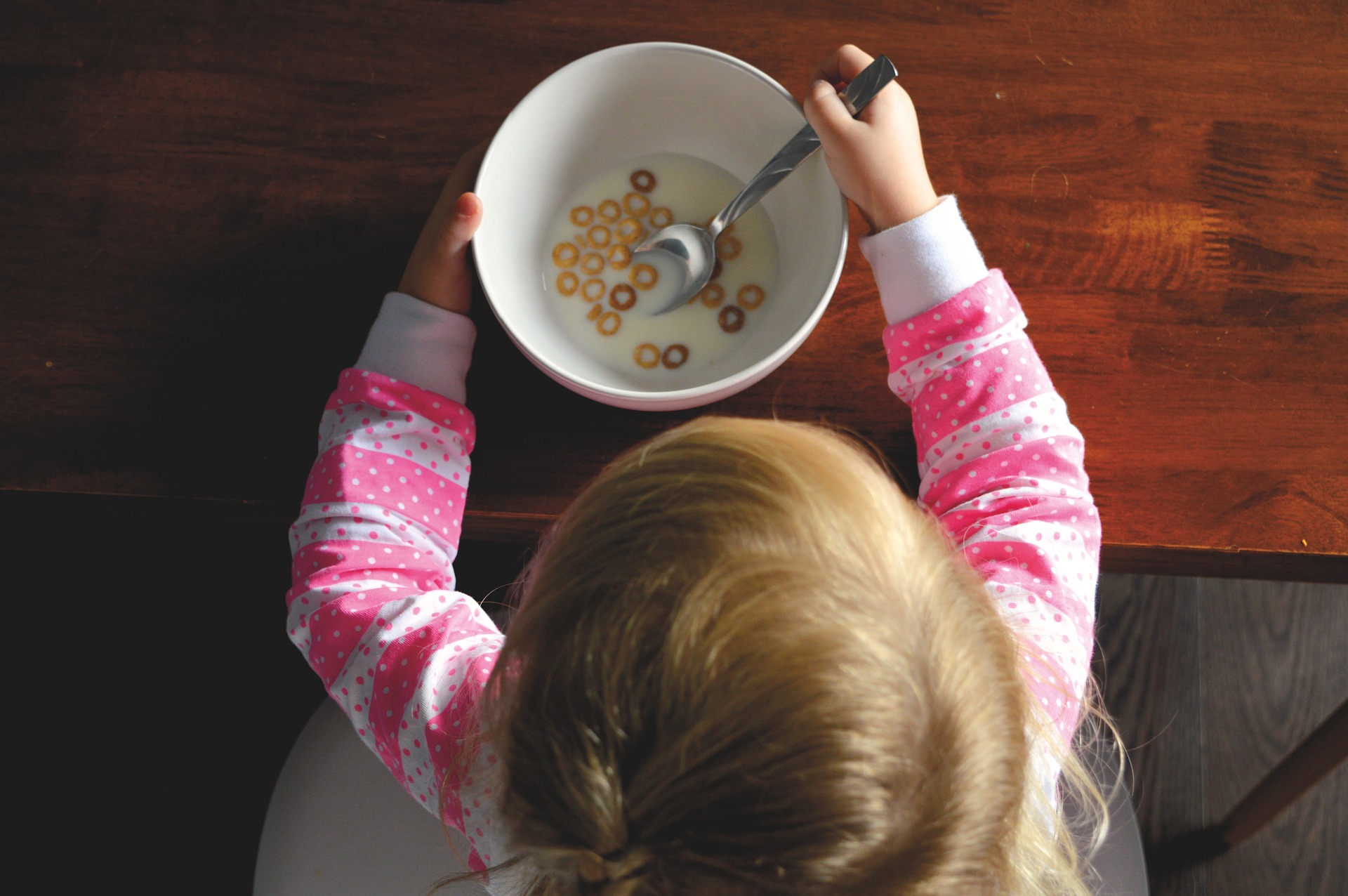
According to the American Cancer Society, about 10,500 children under the age of 15 will be diagnosed with cancer in 2021 in the US. All children benefit from healthy food choices, but children in cancer treatment may have specific nutritional needs or experience side effects that make eating well a challenge. Here are some ways you can address these additional needs if your child has a cancer diagnosis.
Speak to a registered dietitian nutritionist.
A registered dietitian nutritionist with expertise in pediatric oncology nutrition is your best resource for helping you learn ways to provide your child with a healthy menu. If your child is experiencing side effects such as nausea, decreased appetite, or sore mouth, a dietitian can also help provide tips and strategies to help manage these side effects to decrease the risk of malnutrition. Ask your child’s pediatrician or oncologist for a referral. You can also call your child’s health insurance provider or use the Academy of Nutrition and Dietetics Find a Nutrition Expert tool.
Boost your child’s intake by providing a variety of colorful, healthy foods.
During treatment, regularly offer your child favorite, easily tolerated foods, and keep snacks available, even if your child does not have much of an appetite. However, do not force your child to eat as this may make food even less appealing or trigger nausea and vomiting. Add extra calories and nutrition to dishes with high-calorie and/or high-protein foods. For example, add cheese to cooked vegetables or nut butter to apple slices. If your child maintains a good appetite, encourage them to eat a wide variety of colorful vegetables and fruit. Click here for more ideas.
Follow food safety guidelines.
Food safety is especially important for children with a cancer diagnosis. During treatment, your child’s body may be less able to fight off illness and infection, such as foodborne illness. Teach your child about food safety, and follow food safety guidelines when preparing food for your child. Ask the healthcare team if there are additional guidelines you should follow or foods to avoid.
Ask about vitamins and supplements.
Food is the best source for the vitamins and nutrients your child needs. However, during cancer treatment your child may have difficulty getting enough calcium and vitamin D, both of which are important to build strong bones.
Ask your child’s doctor or a registered dietitian if your child needs a multivitamin or other supplement. Do not give your child any vitamins or supplements without consulting your child’s healthcare team first. Some vitamins and supplements can interfere with cancer treatment.
For more information on childhood blood cancers visit The Leukemia & Lymphoma Society. For more information on all childhood cancers visit, Cancer.Net from the American Society of Clinical Oncology (ASCO).
Resources
Nutrition and Childhood Cancer
Back to School Lunchtime Safety
Nutrition (Chapter from Caring for Kids and Adolescents with Blood Cancer)
Special Supplemental Nutrition Program for Women, Infants, and Children (WIC)
